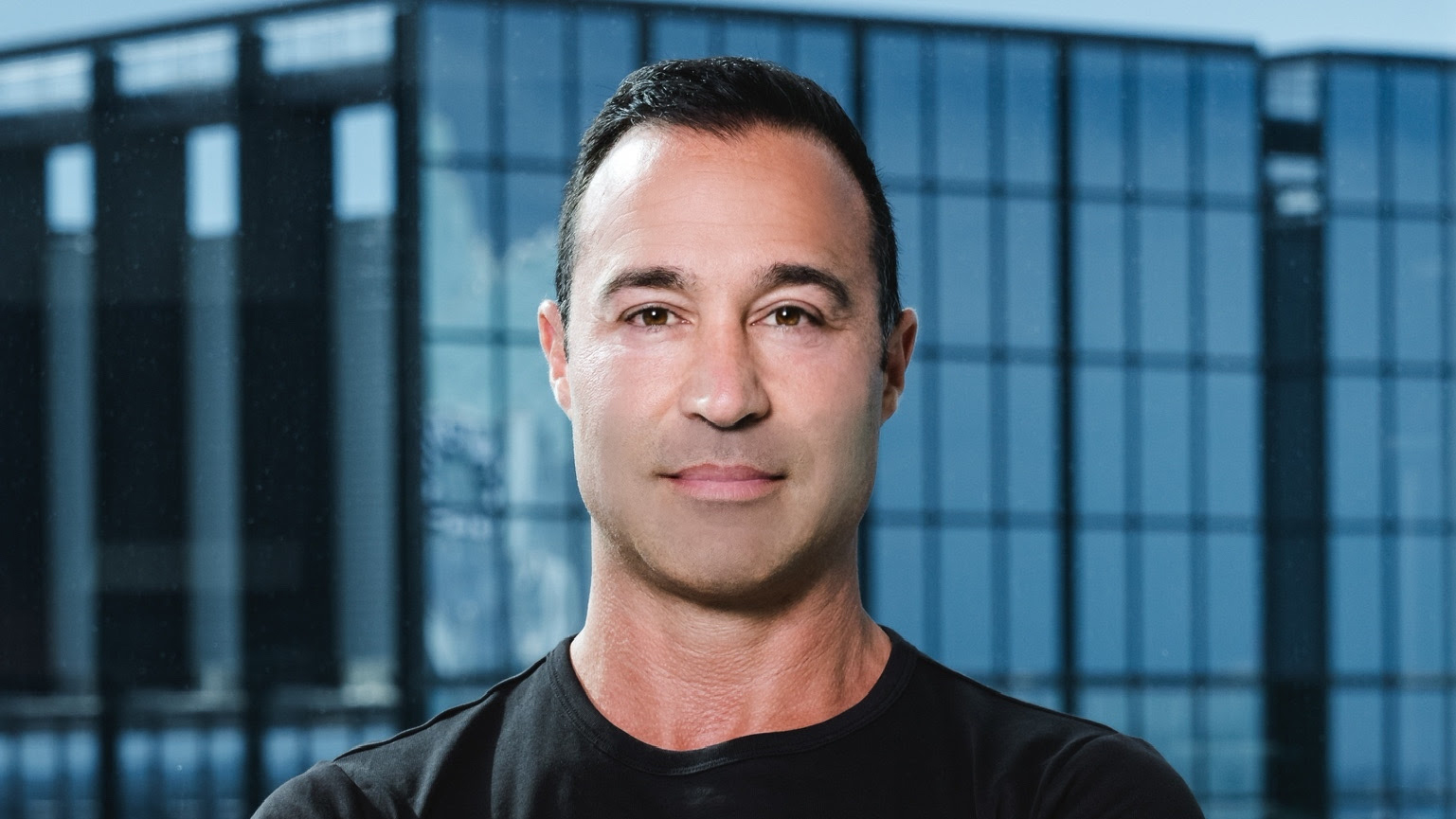Composing with artificial intelligence: how AI can help you write music
We chart the rise in applications and platforms that can aid composition and even perfectly mimic human composers
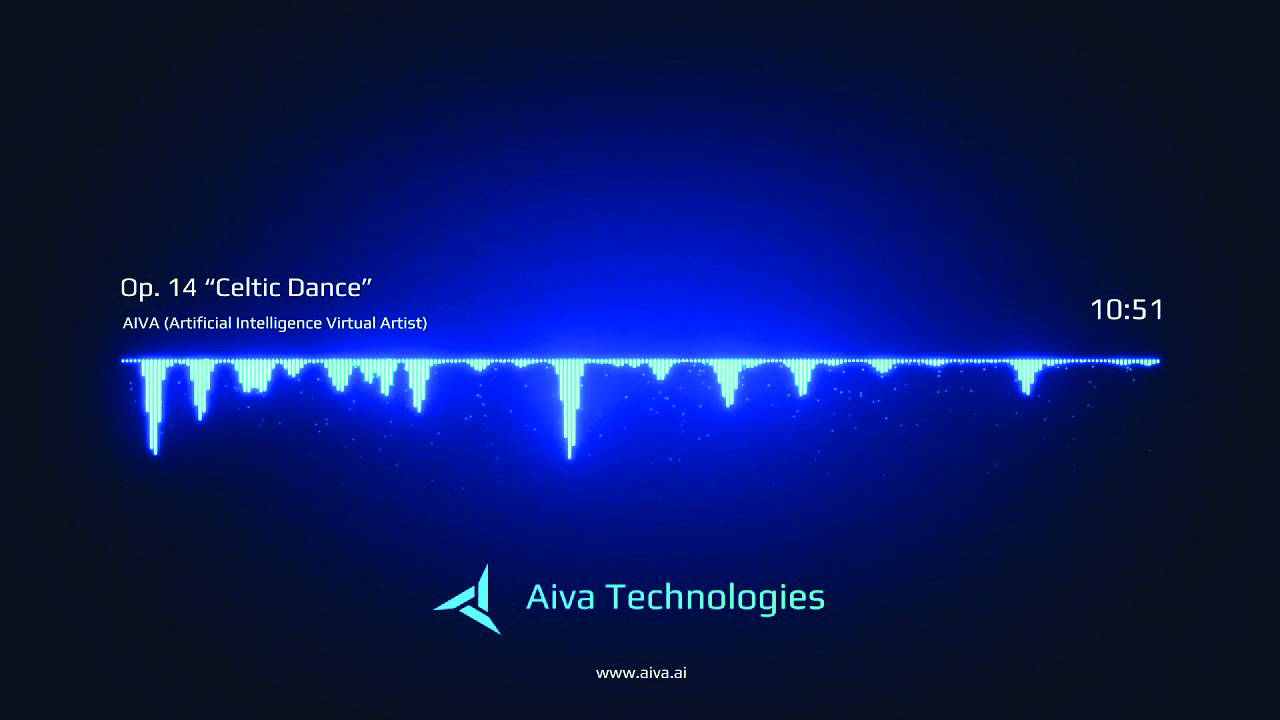
Striking a balance between technical skill and inspired creative flair is often a crucial aim when trying to launch a career as a composer. Too technical, and your work runs the risk of being perceived as soulless. But, if your music is too untethered from convention, loose, and pigeon-hole evading, then you’ll have a much harder time finding listeners.
This is doubly true when it comes to the world of professional soundtracking. Very often, those working in the soundtracking domain are provided with a brief (or pitch to one). Typically, the required music needs to fit the right ‘feel’ that the project (be it film, TV, video game or advertisement) requires. This has been the norm for professional soundtrackers for decades. Now, with the startling rise of AI-based music platforms, those patrons needing quick and cost-effective soundtracks that still sound composed, have the easy means to generate just that, for minimal outlay.
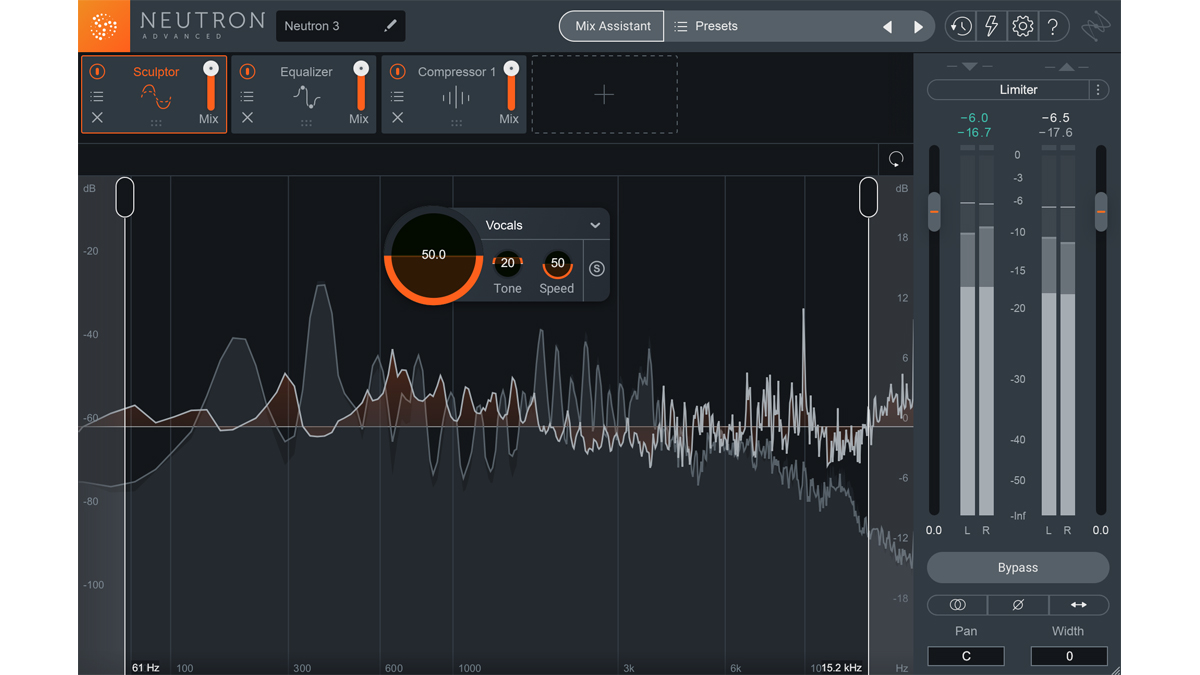
The secret of smart plugins: AI-powered tools for mixing, mastering and more
Built using detailed algorithms, platforms such as Aiva, Amper and Ecrett Music process the inputs of its users and build surprisingly stirring music at the drop of a hat. Take Ecrett Music: by selecting options from a series of menus (Scene, Mood and Genre) the smart platform efficiently concocts a piece of music that totally fits the criteria, based on a library of musicological knowledge.
Random access melodies
As we've explored in previous articles like the one linked below, the road to compositional AI has had a slow and gradual development over the last few decades, but an explosion in processing power has yielded a wide choice when it comes to this new breed of digital composers.
While the option of leaning on an AI to dispense ready-to-go, royalty-free tracks is certainly an attractive one for many, there are other applications of AI in the compositional landscape which invite more innovative interplay between man and machine.
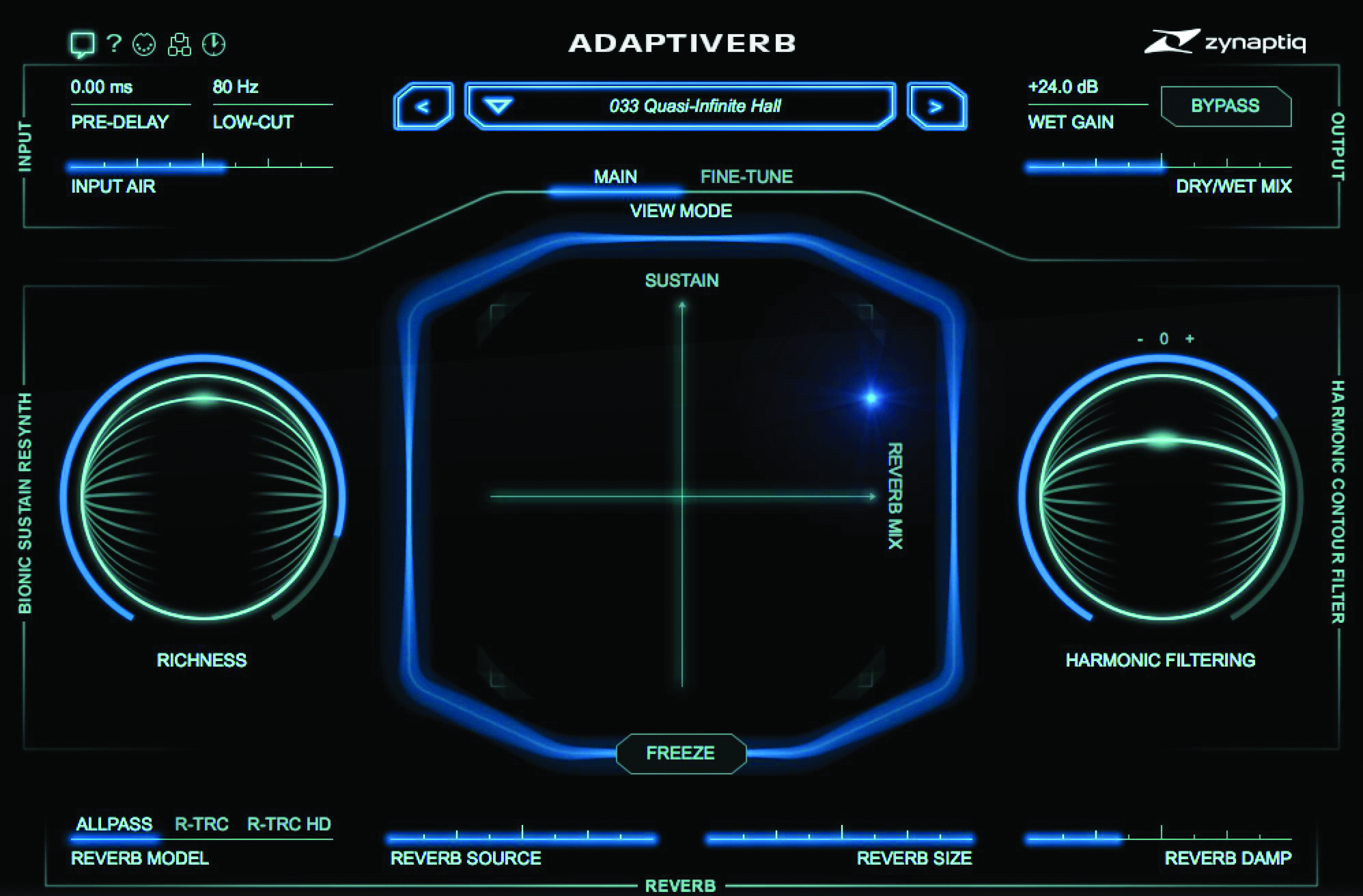
Google’s Magenta is among the most interesting forays into working with AI to make music and art. The open-source research project has spawned numerous plugins, such as the fascinating NSynth. With the N standing for ‘Neural Synthesiser’, NSynth’s function is to create new sounds by interpolating existing pairs of sounds which the users present to it.
“Instead of using AI in the place of human creativity,” write developers Magenta, “we strive to infuse our tools with deeper understanding so that they’re more intuitive and inspiring.” These kinds of new and exploratory amalgamations of neural networks and traditional techniques are among the most exciting AI-ventures which could open up whole new avenues of exploration.
Get the MusicRadar Newsletter
Want all the hottest music and gear news, reviews, deals, features and more, direct to your inbox? Sign up here.
While tools such as this might be firmly assigned to the ‘experimental’ camp for now, there’s other AI-equipped tech which could provide everyday assistance in the studio. Orb Plugins’ Orb Producer Suite is a series of four composition-aiding plugins that don’t seek to take ownership of the creative process like some of the subscription services do.
Instead they work to build out further developments of your own ideas, by suggesting chord sequences, musicologically solid routes forward and seamless integration into your DAW so your own creative workflow isn’t impeded. It can also suggest new sequences to you. Almost like working with an equally musically minded band-mate. It’s a similar story with Splash PRO, a completely free and DAW-agnostic way to inject a savvy virtual compositional assistant into your life. One of its coolest features is its ability to sing back written text. It works surprisingly well.
Get smart
Beyond the musicological, other track elements – such as the rhythm section – are just as important to making a stellar end result. Working with an AI drum designer and sequencer, such as Audiomodern’s sublime Playbeat 3, can be hugely creatively stimulating.
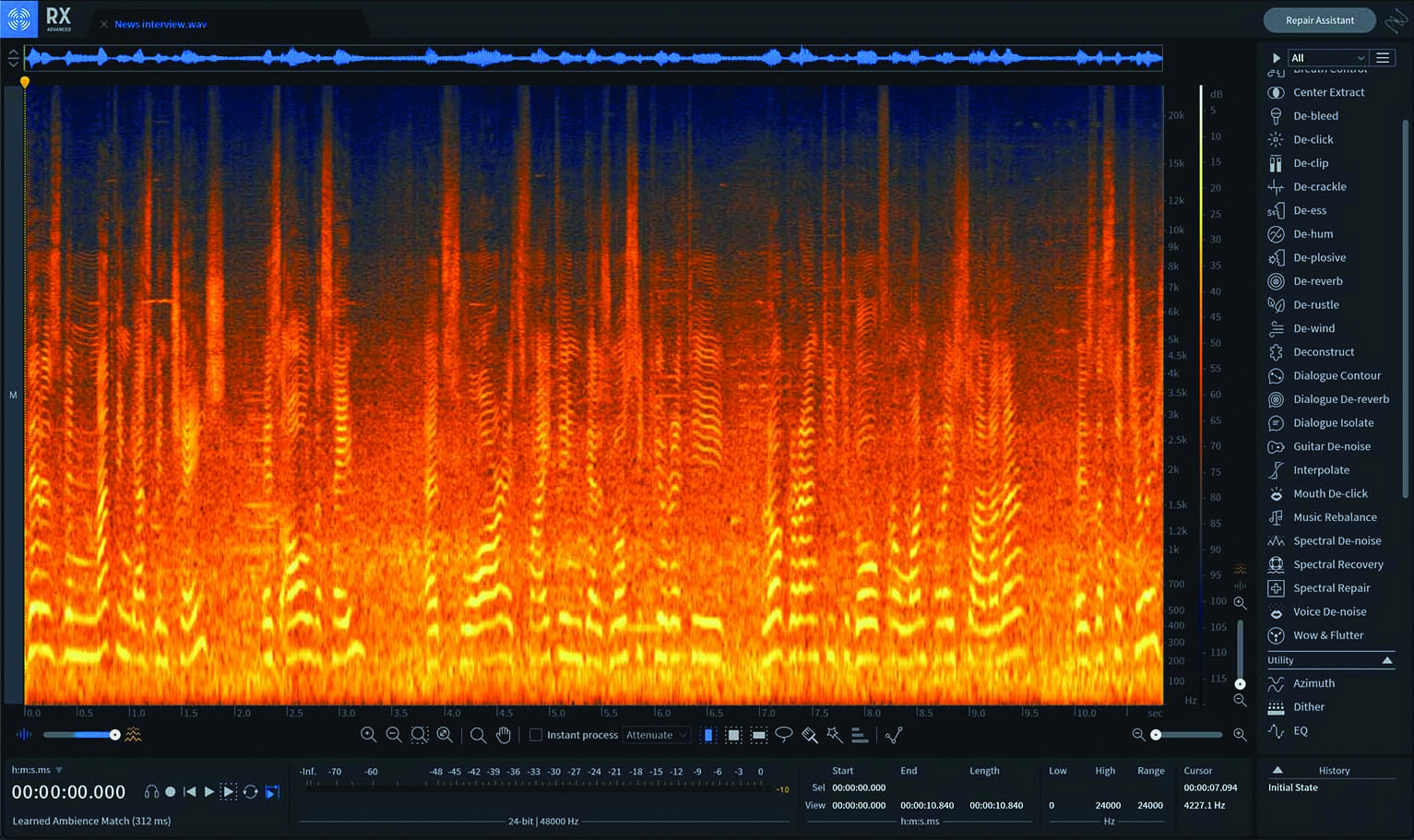
“Our new [SMART] algorithm is designed to store personalised data independently for each user and can perform tasks that require decision-making,” Audiomodern’s Max P. Maximilianos explains to us. “In this case we’re focusing on reactive AI, which is programmed to provide a predictable output based on the data it receives from each user. It is a very different concept to the other two available randomisation modes currently available in Playbeat.”
Max explains that this technology has an array of applications: “Moreover, besides porting this new technology to our other apps, our current SMART algorithm can be combined with our genre tagging system (when a user clicks to expand the preset’s additional information) and will be available with our upcoming update. In addition, we’re working on a bigger development which will allow all apps to communicate together.”
Songwriting copyright is often a minefield once it comes to the breakdown of who wrote what, and how much percentage of the track’s success should go to its principal composer and musicians. Thankfully, AI hasn’t developed an interest in getting paid for its work (yet!). So having a bit of back and forth with AI-driven creative platforms like Orb Producer Suite, Playbeat, Splash Pro or the slick, browser-based Hookpad, means you don’t need to keep notes on who wrote what, while still reaping the benefits of a genuine collaborator.
A digital destiny
“I’ve yet to hear a piece of AI-generated music that is either breathtakingly beautiful, or very surprising,” says composer Robert Laidlow, in an interview with Science Line. Though Laidlow admits to using AI assistive software himself, the notion of AI one day fully supplanting human composers is one that even the developers of these existing platforms dispute.
“I think what AI is going to excel at is creating soundtracks for use cases [that] human labour cannot scale,” says Pierre Barreau, the CEO of Aiva. In an interview with Globant, Pierre continues, “for example, video games have hundreds of hours of gameplay, and yet only two hours of music, which means that the same tunes loop over 50 times in the ears of the gamers”.
While human composers – with all their off-road nuances, personality and genre-expansive capabilities – always will surpass AI composers, it’s understandable that many are worried about AI’s intrusion into work previously done solely by them. But, the huge demand for ‘functional’ music has swelled as the rise of YouTube and podcasting has increased. Meeting this demand efficiently is a task at which these services excel. So don’t think about beating your monitor with a baseball bat just yet.
6 AI composition aids and music platforms
1. Orb Producer Suite 3

Platforms: Mac/PC | Price: £127 | Buy
A multi-faceted, AI-driven toolkit for composers. Orb Producer Suite provides a raft of chordal, melodic, instrumental and structural suggestions with which you can further build out and create your own track. Designed to assist rather than take over matters completely, it invites you to work alongside an AI creative collaborator.
2. Ecrett Music
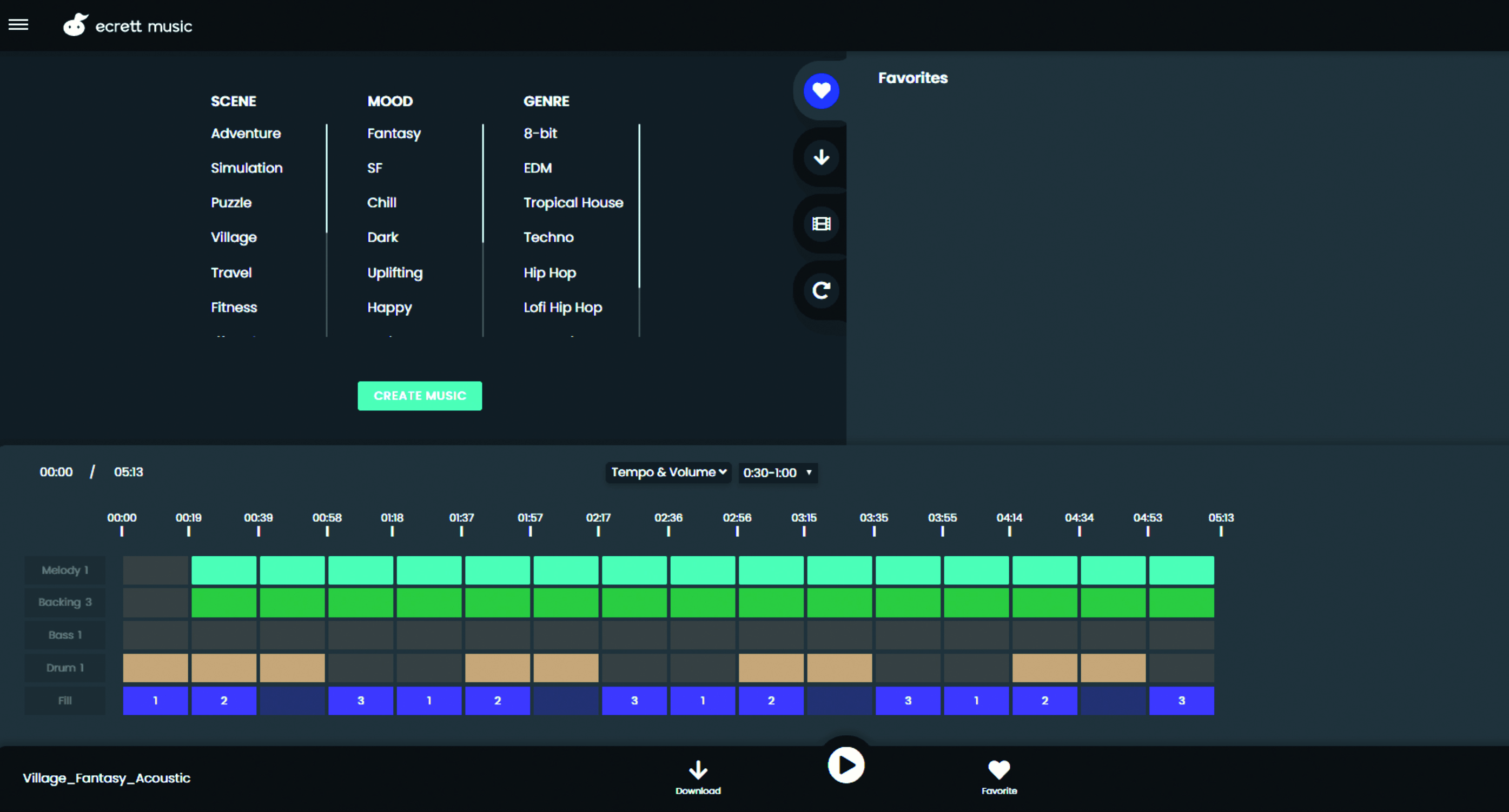
Platforms: Browser-based | Price: from £3.74 per track | Buy
With its AI equipped to deliver royalty-free background music for videos, games and podcasts, Ecrett Music is re-defining the generation of functional music that serves to swiftly enhance another medium. Using simple inputs, users can instruct the service to create tracks which fit the exact type of mood that’s required.
3. Soundraw
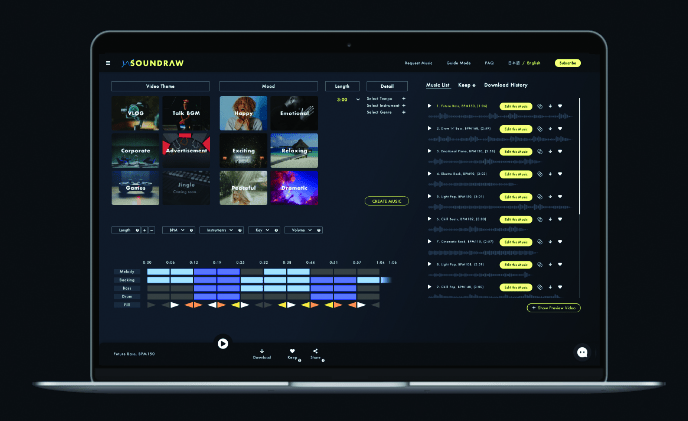
Platforms: Browser-based | Price: from £12 per month | Buy
In a similar way to Ecrett, Soundraw takes a few directions before crafting up to 15 tracks based on your input, ready for you to cycle through and select for your project. The platform even has a Google Chrome extension so that you can create, edit and download without leaving your browser.
4. Aiva

Platforms: Browser-based | Price: Free for non-commercial use | Visit
The first AI composer to be verified as a composer by SACEM, Aiva’s staggeringly digital brain has even released its own albums. For a fee, you can use Aiva to create genre-tailored emotional soundtrack music that’s arguably as beautiful as those that a human can produce. You can use it for free, to make non-commercial music.
5. Amper Music
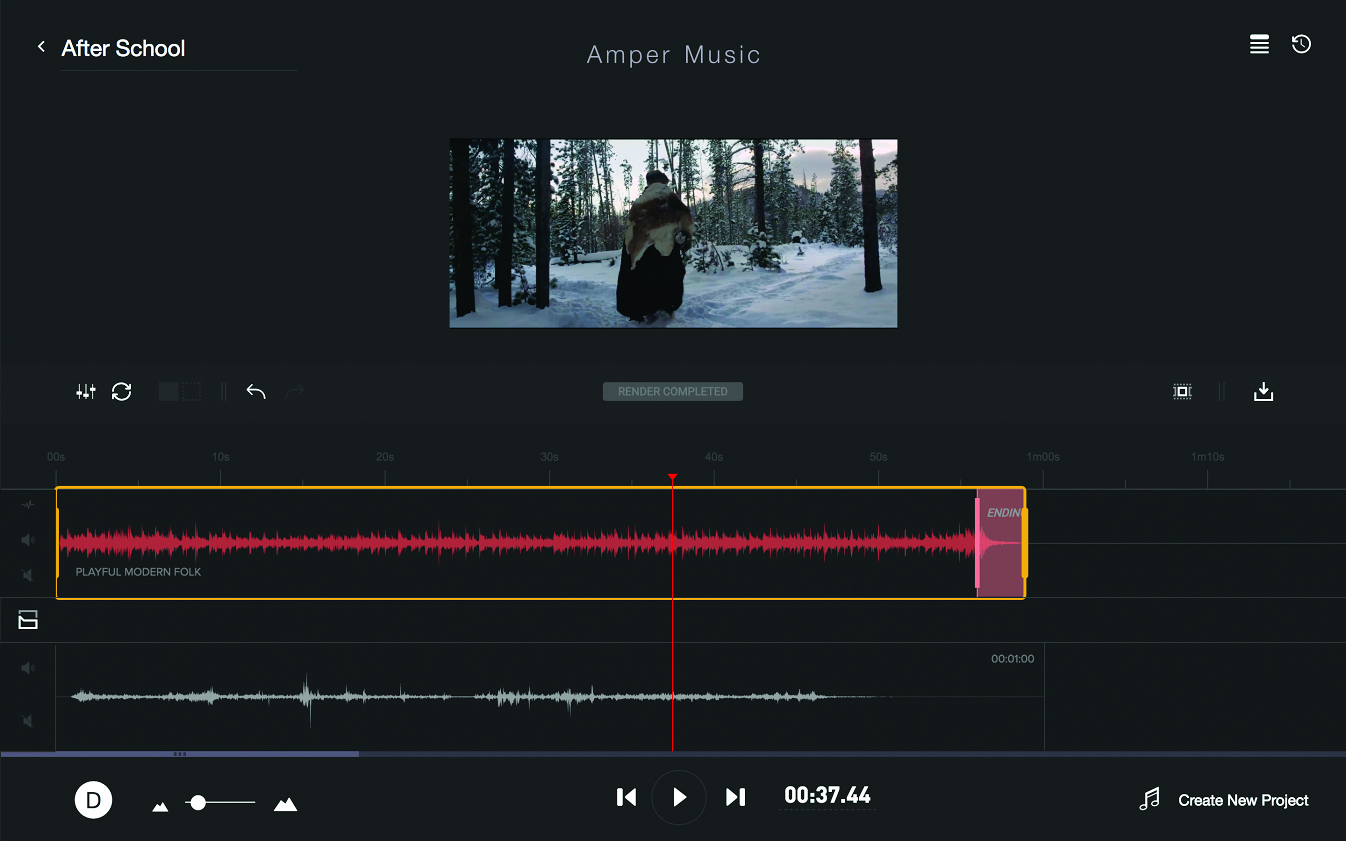
Platforms: Browser-based | Price: £3.74 per track | Buy
On the faultlines between full AI-composer and smart suggestive toolkit. Amper Music takes its cues from your inputs, and creates the shape of a new track. Next, you use its wealth of tools to fine-tune its tempo, structure, instrumentation and mood to make the resulting track a true collaboration between man and machine.
6. Humtap
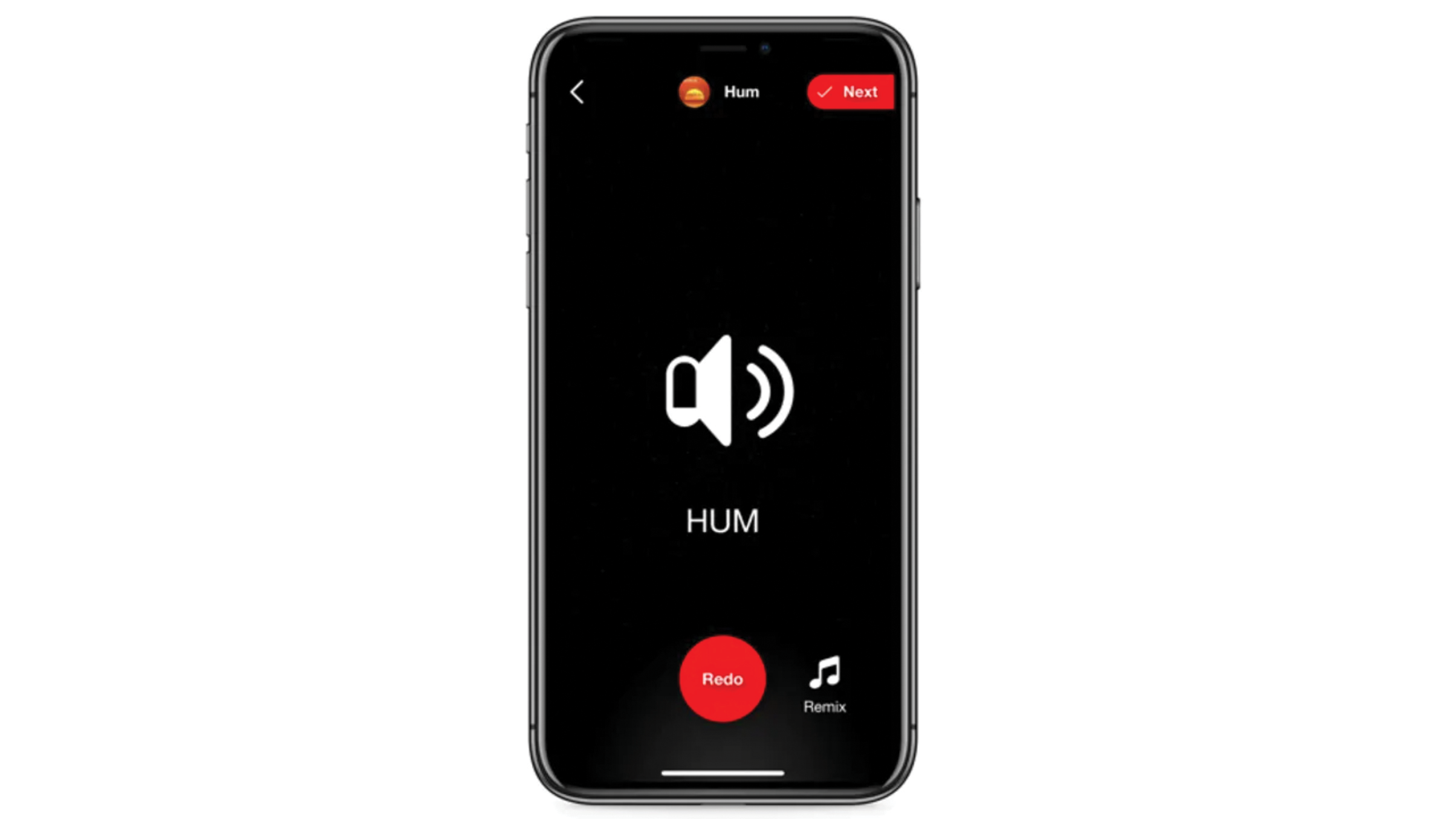
Platforms: iOS | Price: Free | Download
Part of Abbey Road’s Red incubator, Humtap originated as a mobile-based AI-music-creator with a tantalising premise – hum a melody, tap a beat and Humtap builds a glossy demo from that starting point. It works surprisingly well, and could help you on your way to writing that masterpiece that the world needs right now…


Computer Music magazine is the world’s best selling publication dedicated solely to making great music with your Mac or PC computer. Each issue it brings its lucky readers the best in cutting-edge tutorials, need-to-know, expert software reviews and even all the tools you actually need to make great music today, courtesy of our legendary CM Plugin Suite.
